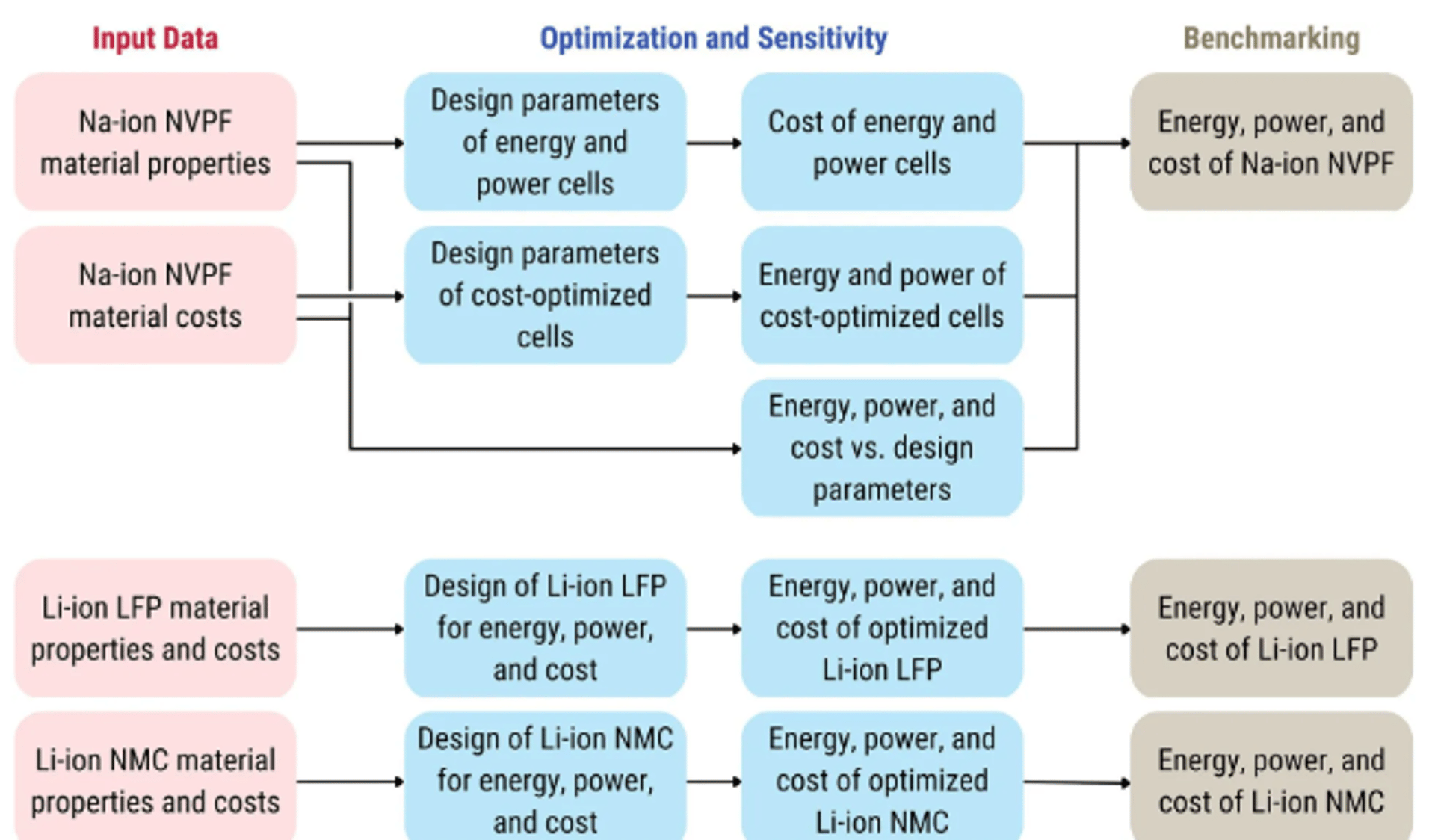
Asst. Prof. Castro Publishes New Breakthrough Research on Sodium-Ion Battery Optimization
Glennise Faye Mejica, M.Engg.
7/6/20241 min read


Congratulations to Michael Castro, Roy Domalanta, Prof. Julie Anne Del Rosario Paraggua, and Prof. Joey D. Ocon! The team is proud to announce the publication of their latest paper, "Energy, power, and cost optimization of a sodium-ion battery pack via a combined physics-based and cost modeling approach," in the prestigious Journal of Energy Storage!
Beginning their work in early 2022, the team dedicated over a year to this groundbreaking study. The journey included overcoming the challenge of transitioning from the initial journal due to review delays. Their perseverance and dedication have now been rewarded with a peer-reviewed and accepted paper!
Innovative Methodology
The study presents a novel method that integrates physics-based models with cost models to optimize the energy, power, and cost of sodium-ion (Na-ion) battery packs. This comprehensive approach provides a detailed analysis and significant improvements in Na-ion batteries, positioning them against the more commercially mature lithium-ion (Li-ion) batteries.
The optimized Na-ion batteries were benchmarked against Li-ion batteries, revealing potential areas for future enhancement through advancements in materials science and economies of scale. This benchmarking process is crucial for identifying the strengths and weaknesses of Na-ion technology, paving the way for its commercial viability.
This research represents a major advancement in the quest for sustainable and efficient battery technologies. The insights gained from this study could lead to more cost-effective and powerful energy storage solutions, contributing to a greener and more sustainable future.
Highlights
• Optimized electrode thicknesses and porosities for energy, power, and low-cost cells
• Energy and low-cost cells have thick and low-porosity electrodes, unlike power cells.
• Performance and cost tradeoffs exist between energy and low-cost versus power cells.
• Low potential anode materials are needed to raise energy density of Na-ion batteries.
•Increased production of Na-ion batteries is expected to drive down material costs.
For more details, you can read the full paper in the Journal of Energy Storage: https://doi.org/10.1016/j.est.2024.112414
Stay tuned for more updates on cutting-edge research and advancements in battery technology!
Article by: Glennise Faye Mejica, M.Engg.
Research
Innovating sustainable energy solutions for the future.
EMAILS
Contact
jttomacruz@up.edu.ph
© 2025. All rights reserved.
